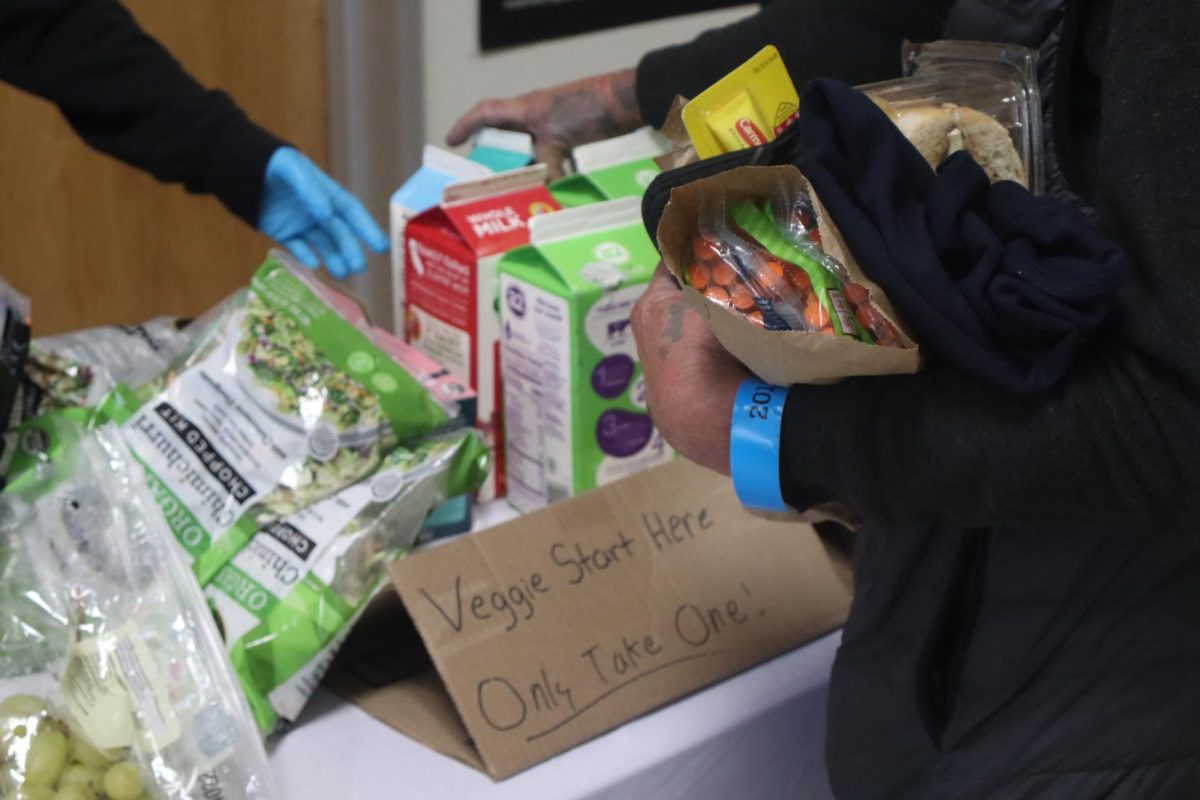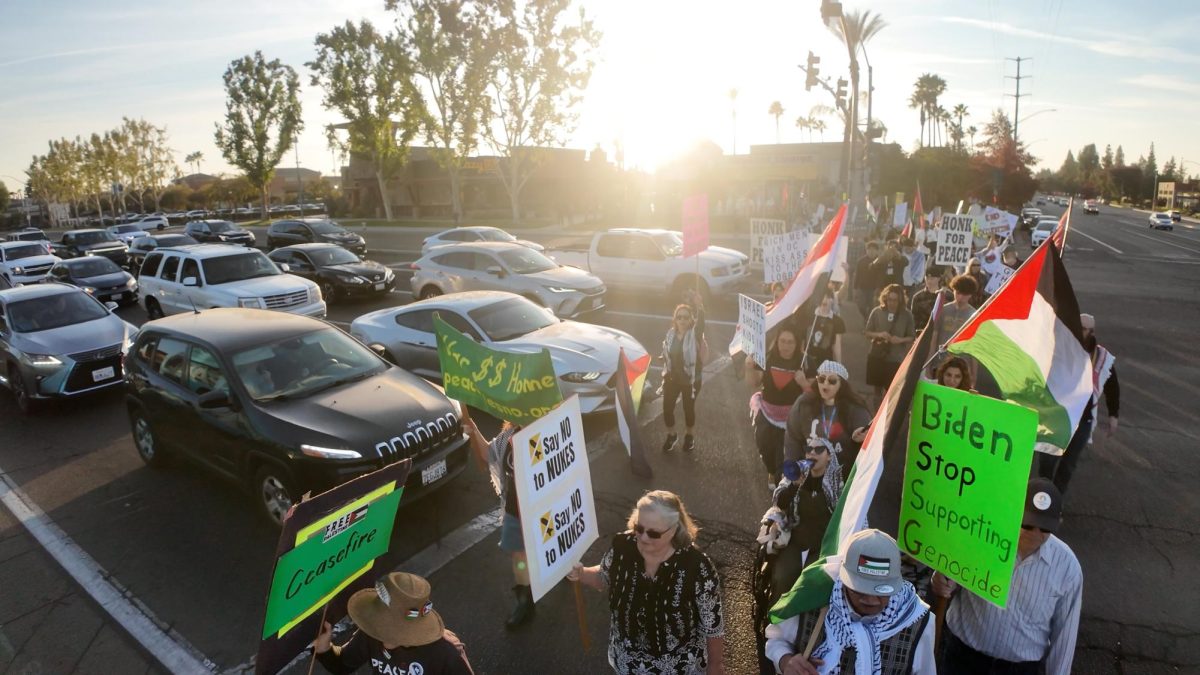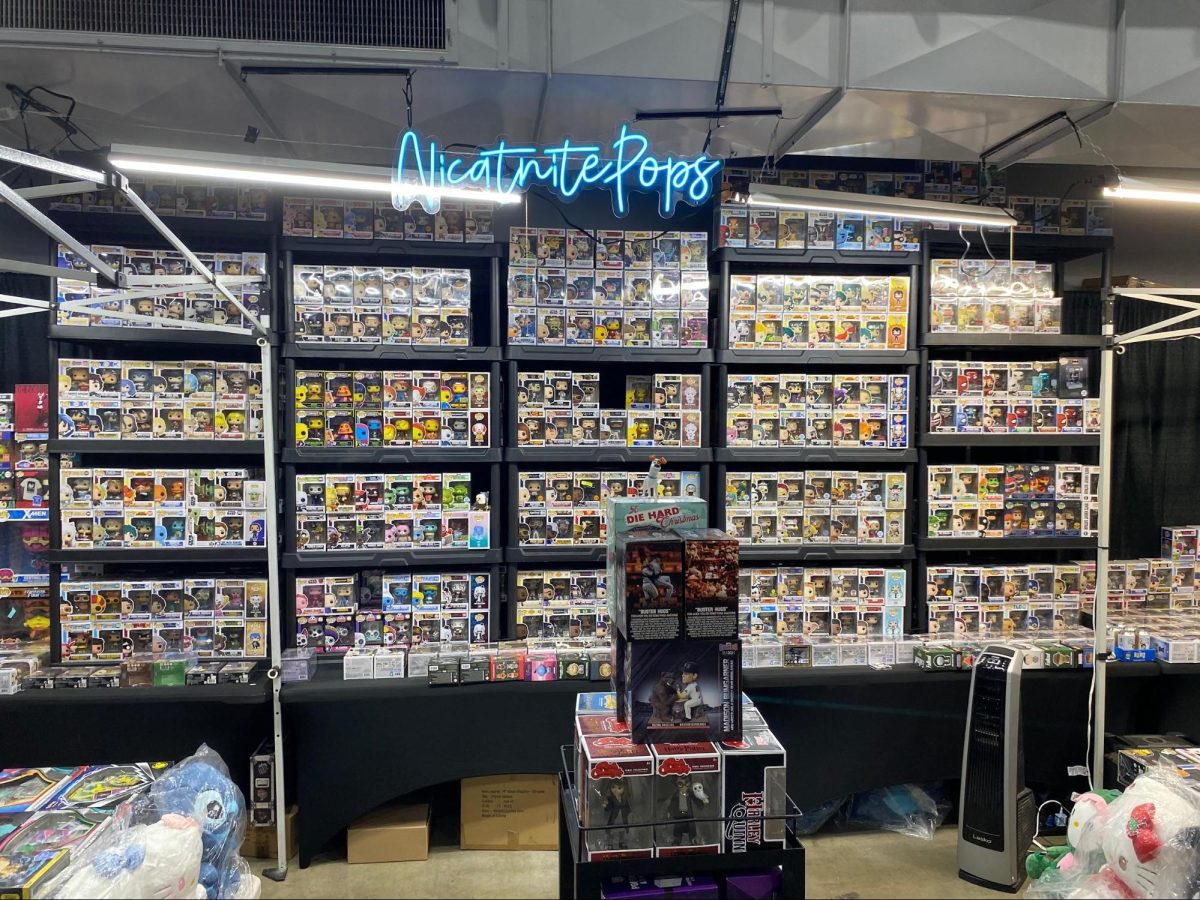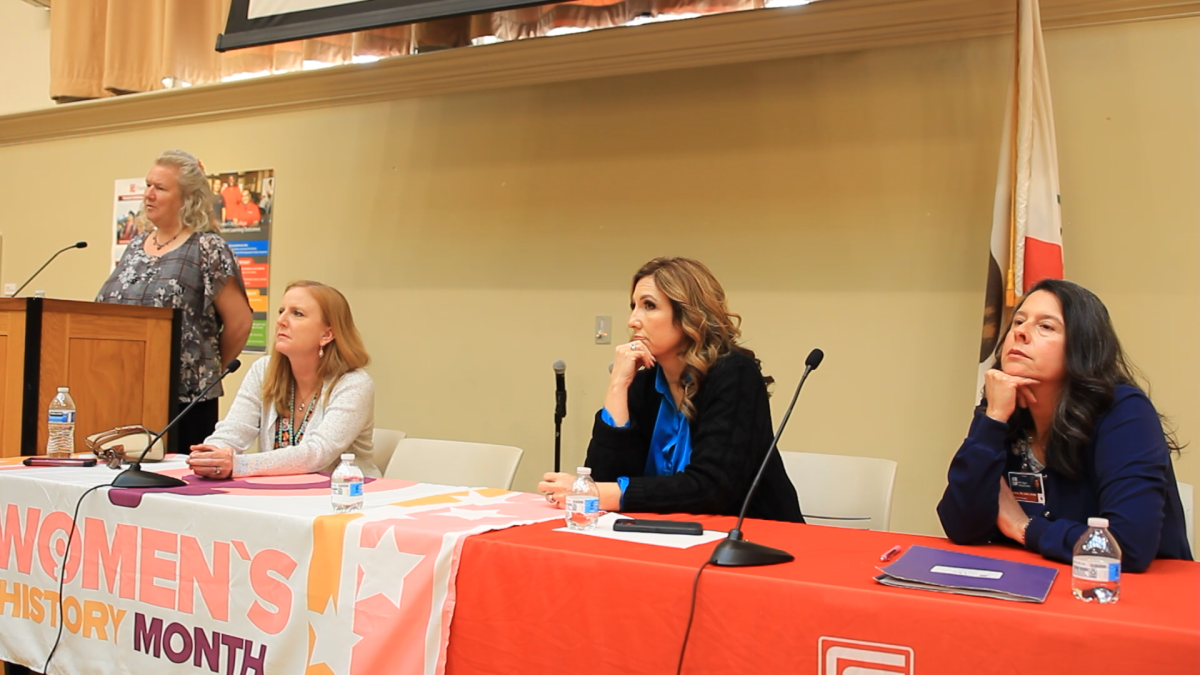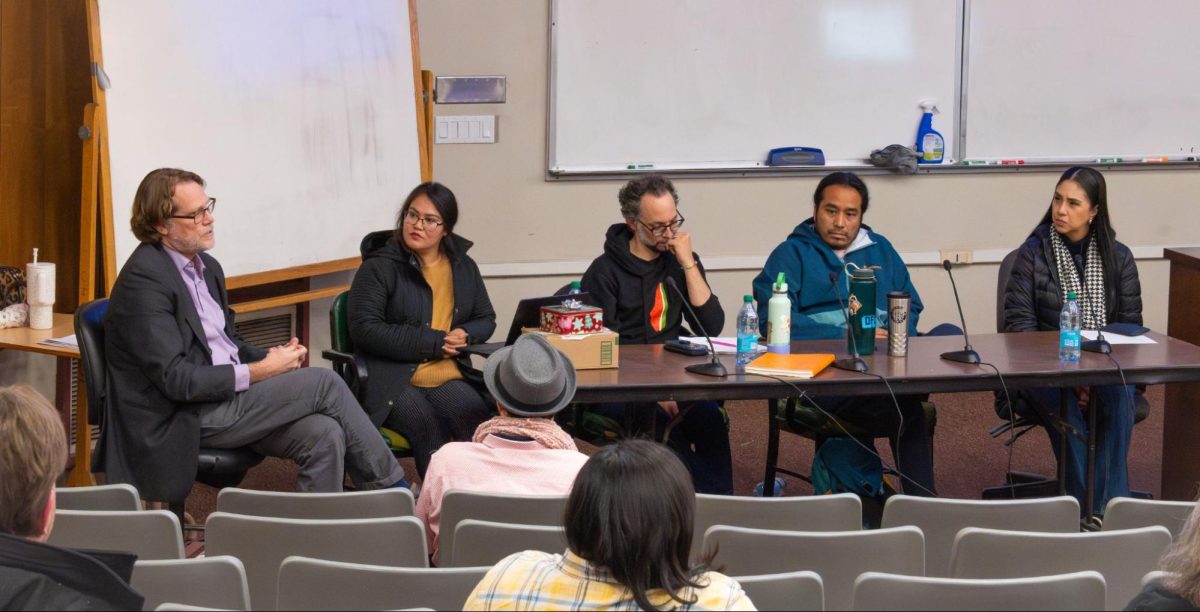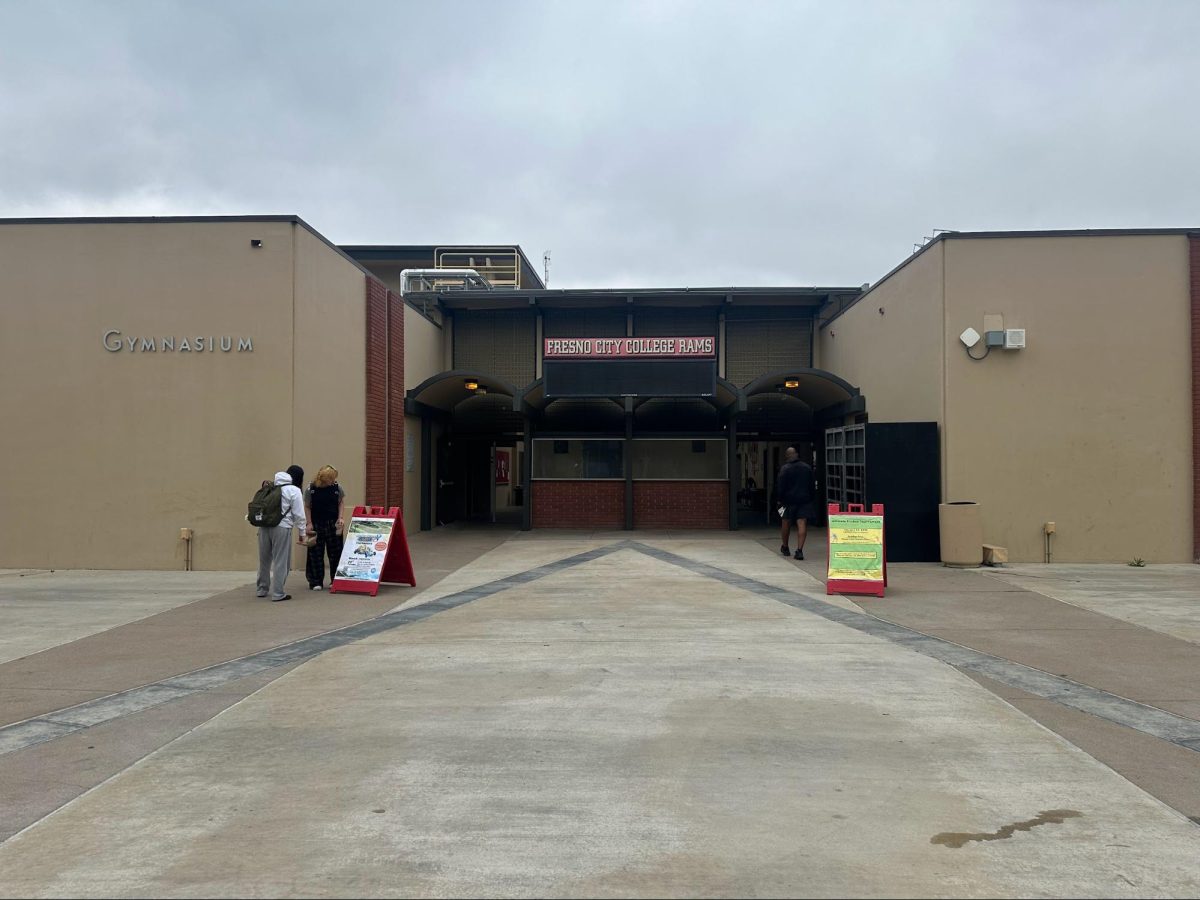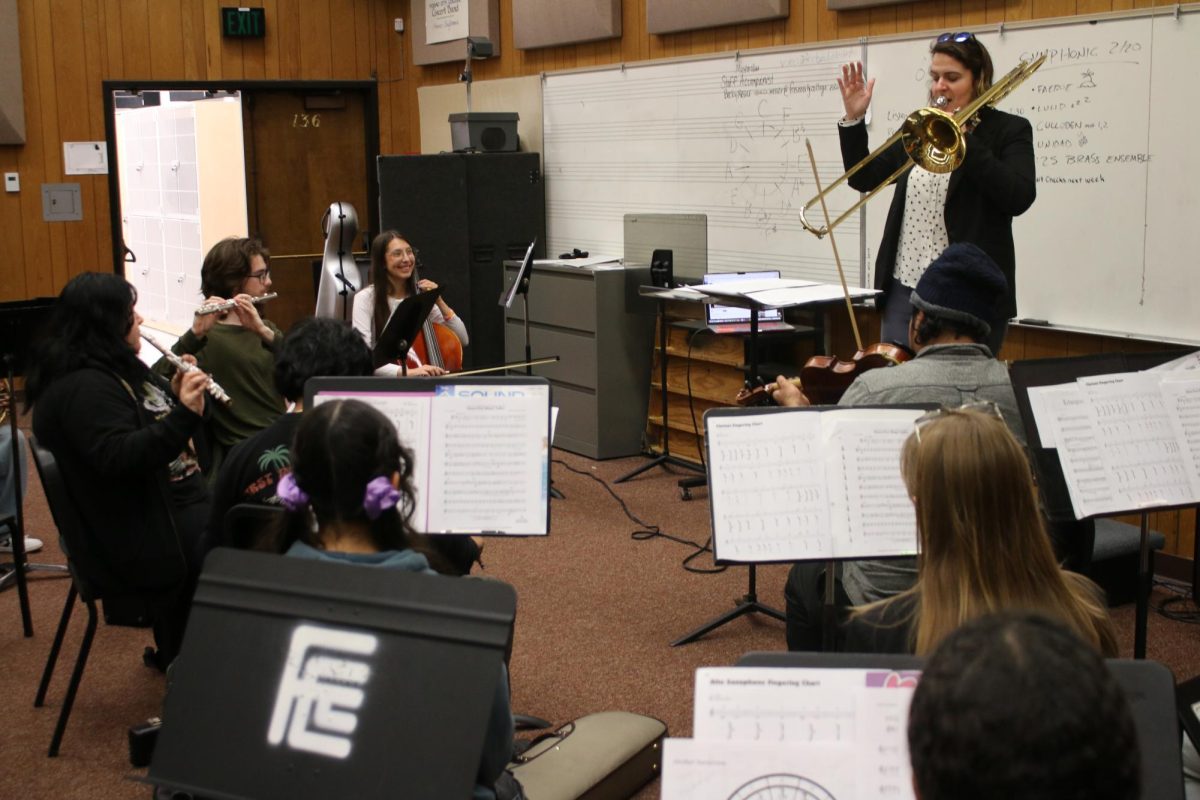“I’m gay.”
They’re just two little words, but for many students, they’re mountainous to say. Facing the perceptions and customs of family, friends and peers, saying those two words can be a nightmare.
“I didn’t get a chance to fully come out,” says James Carter, a Fresno City College student with the Diversity Club. “My friends were very accepting, but my family largely dismissed it.”
The Psychological Services at FCC helps gay, lesbian, bisexual and transgender students come to terms with who they are and embrace their identity.
“It’s no different than being from another culture,” said Dr. Brian Olowude, the head of Psychological Services. “One’s sexual identity is a culture, so we try to provide the appropriate, culturally competent care.”
The culture of the gay community is the focus of the help provided. There is also the consideration of their own given environment. In his office, Olowude greets them with a warm and welcoming disposition. The first impression of this environment can be summed up in a single word: safe. The outside world, however, may not be as welcoming as his office.
“They may be out and feel safe and comfortable with friends and family, but at work, it may not be a safe place for them to be open about their sexual identity,” said Olowude.
Everything from ethnicity to religion to family and culture is considered in the background of the student in need of care. Sometimes it can be made especially difficult by who and where they are. Students can especially feel the confusion of this time in life and this sensitive subject, even to the point of negative self-opinion. This personal issue in identity is known as internalized homophobia.
“Internalized homophobia is an LGBT negative view of how one identifies publicly about their sexual identity,” said Jason Johnson, a pre-doctorate Psychological Services intern.
Johnson, Olowude and the other staff members help students remember that this part of their identity isn’t the only part. No matter the orientation, it’s only one part of their lives. Psychological Services strives to see to it that they are much more than preference.
“What I do is have them write down a list of all the things they are,” said Olowude. “It may be something as simple as: ‘I’m a daughter’, or ‘I’m a son’. It may be ‘I’m a brother or a sister’, or ‘I’m a mother or a father’. All the things that they are. At the very end of the list, I have them write down ‘I’m gay’, or ‘I’m lesbian’, or ‘I’m bi or transgender’, and ask them if it changes any of the things that they put down above that.”
The mission of Psychological Services is not to chastise or stifle their identity as members of the LGBT community, but rather to accept and embrace it. They’re still the same students, fathers, mothers, brothers and sisters, but with something that sets them apart in a culture of their own.


